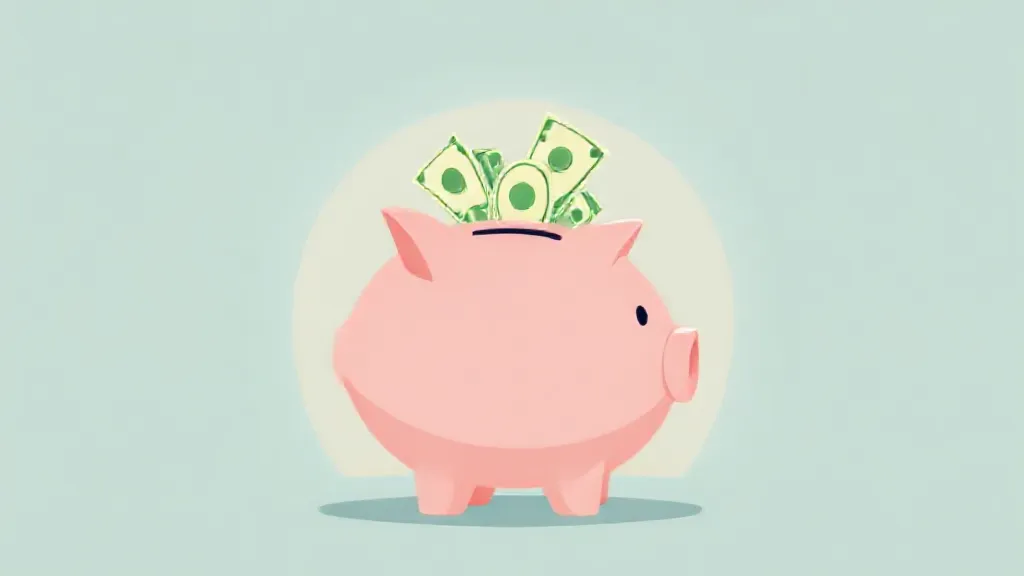In today's unpredictable economic climate, having a robust emergency savings fund is more critical than ever. Emergency savings serve as a financial safety net, allowing individuals and families to navigate unexpected expenses without derailing their financial stability. Whether it's a sudden medical expense, car repairs, or job loss, having readily accessible funds can mean the difference between financial security and crisis.
The Role of Emergency Savings in Financial Planning
Emergency savings are often overlooked in financial planning, yet they play a pivotal role in achieving long-term financial goals. Financial experts recommend setting aside three to six months' worth of living expenses in an easily accessible account. This reserve not only provides peace of mind but also empowers individuals to make informed decisions during emergencies without resorting to high-interest debt options, such as credit cards or payday loans.
The Psychological Benefits of Having a Financial Safety Net
Beyond the tangible financial benefits, having an emergency fund can significantly reduce stress and anxiety associated with financial uncertainty. Knowing that one has a cushion to fall back on allows individuals to focus on their long-term goals rather than being consumed by immediate financial worries. Studies have shown that individuals with emergency savings report higher levels of overall well-being and lower levels of financial stress.
Historical Context: The Evolution of Emergency Savings
Historically, the concept of savings has evolved significantly. In the early 20th century, many families relied on community support systems during times of need. However, with the rise of consumerism and the modern economy, the emphasis shifted towards personal financial responsibility.
The Great Depression underscored the importance of savings, leading to a societal shift where emergency funds became a cornerstone of personal finance.
How Much Should You Save for Emergencies?
Determining the right amount to save can vary based on individual circumstances. Factors such as job stability, income level, and personal expenses all play a role in deciding how much to allocate to an emergency fund.
For instance, someone with a stable job may feel comfortable with a smaller fund, while a freelancer or those in volatile industries might aim for a larger cushion. A tailored approach ensures that the savings are adequate for one's unique situation.
Building Your Emergency Fund: Strategies and Tips
Starting an emergency fund can seem daunting, especially for those living paycheck to paycheck.
However, there are practical strategies to build this financial buffer. Setting up automatic transfers to a dedicated savings account can help individuals save consistently without having to think about it. Additionally, cutting back on non-essential expenses and redirecting those funds into savings can accelerate the growth of an emergency fund.
The Impact of Economic Downturns on Emergency Savings
Economic downturns, such as recessions, highlight the necessity of having emergency savings. During such times, job security diminishes, and unexpected expenses often arise. Individuals without savings may find themselves in dire situations, potentially leading to debt accumulation or bankruptcy.
Conversely, those with emergency funds can weather these storms more effectively, allowing them to maintain their standard of living and avoid financial ruin.
Conclusion: Prioritizing Emergency Savings for a Secure Future
In conclusion, the importance of emergency savings cannot be overstated. They are not merely a financial luxury but a critical component of financial stability and resilience.
By prioritizing the establishment and maintenance of an emergency fund, individuals can safeguard themselves against life's uncertainties and foster a more secure financial future.
For further reading on personal finance and emergency savings strategies, consider resources such as "Your Money or Your Life" by Vicki Robin and Joe Dominguez, or "The Total Money Makeover" by Dave Ramsey, which offer valuable insights into financial planning and savings.
